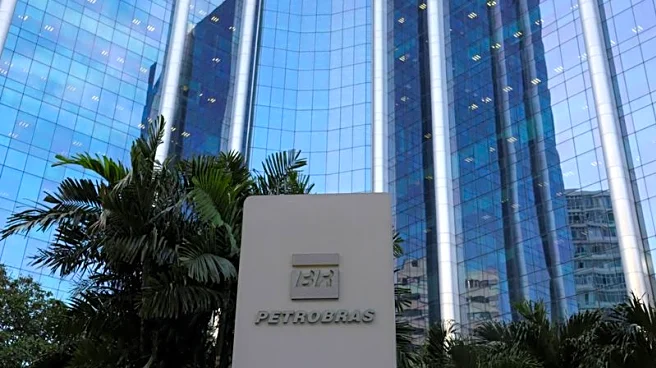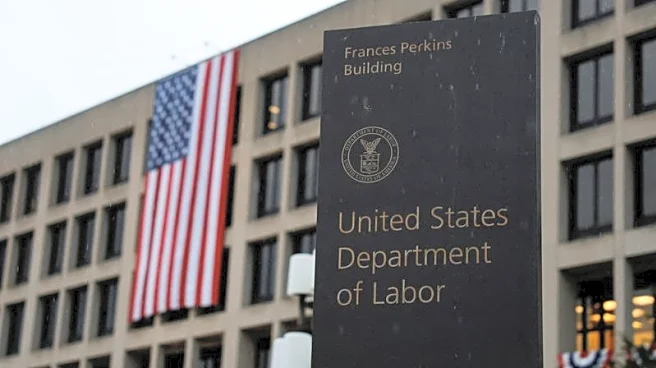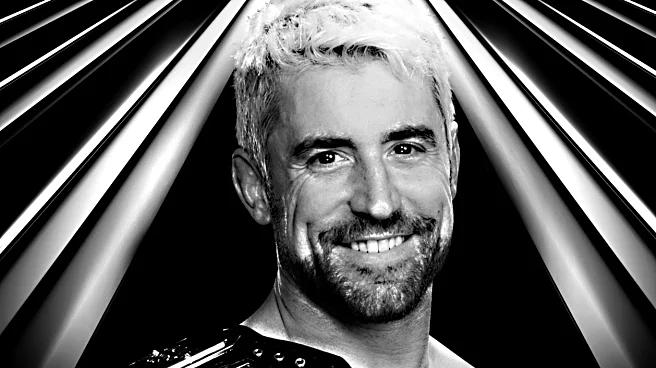What's Happening?
Psychologist Tomas Chamorro-Premuzic, a professor of business psychology at Columbia University, has expressed skepticism about the popular workplace advice to 'bring your whole self to work.' Chamorro-Premuzic argues that while the phrase is well-intentioned,
it can be misleading. He suggests that the advice is often an invitation for individuals, particularly those from outgroups, to express themselves freely. However, he cautions that the workplace typically values professional demeanor over personal idiosyncrasies. In his book, 'Don't Be Yourself: Why Authenticity Is Overrated (and What to Do Instead),' Chamorro-Premuzic explains that authenticity is celebrated in theory but often succumbs to the need to conform in practice. He warns that employees who take the advice literally may find themselves in awkward social situations, as the workplace rewards conformity and alignment with existing cultural norms.
Why It's Important?
The critique of the 'bring your whole self to work' mantra highlights a significant tension in modern workplace culture between authenticity and conformity. Chamorro-Premuzic's insights suggest that while companies may promote authenticity, the reality is that employees who deviate from cultural norms may face social and professional repercussions. This has implications for workplace diversity and inclusion efforts, as it suggests that true acceptance of diverse perspectives may be more limited than advertised. Young professionals, in particular, may be vulnerable to misinterpreting this advice, potentially harming their career prospects by failing to align with expected workplace behaviors. The discussion raises important questions about how organizations can genuinely support diversity while maintaining professional standards.
What's Next?
Organizations may need to reassess how they communicate and implement policies around authenticity and self-expression in the workplace. There could be a push towards creating environments where diverse perspectives are genuinely valued and where employees feel safe to express themselves without fear of negative consequences. This might involve training for managers on how to foster inclusive cultures and revisiting company policies to ensure they support rather than hinder diversity. Additionally, there may be increased dialogue around the balance between personal authenticity and professional expectations, potentially leading to new strategies for integrating diverse identities into workplace cultures.
Beyond the Headlines
The debate over authenticity in the workplace touches on broader cultural and ethical issues, such as the role of identity in professional settings and the potential for systemic biases to persist under the guise of promoting diversity. It also raises questions about the psychological impact on employees who feel pressured to conform, potentially affecting their mental health and job satisfaction. Long-term, this discussion could influence how future generations approach career development and workplace engagement, potentially leading to shifts in how authenticity and professionalism are defined and valued.
















